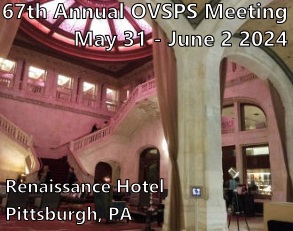<< Back to the abstract archive
#PlasticSurgery: A Comparative Deep Dive into Social Media and Plastic Surgery
C.L. Mullens; J.A. Hernandez; K.M. Hardy; I.L. McCulloch; J. Gabbay; C.M. Ueno
West Virginia University School of Medicine
2019-01-27
Presenter: Cody L. Mullens
Affidavit:
I certify that the material proposed for presentation in this abstract has not been published in any scientific journal or previously presented at a major meeting
Director Name: Aaron C. Mason
Author Category: Medical Student
Presentation Category: Clinical
Abstract Category: General Reconstruction
As social media has become pervasive in contemporary society, plastic surgery content has become commonplace. The aim of this study was to robustly sample plastic surgery posts on Twitter and Instagram to quantitatively and qualitatively evaluate platform content differences.
The hashtag "#PlasticSurgery" was systematically queried twice per day, for thirty consecutive days, on Twitter and Instagram. For completeness, "most recent" and "popular/trending" posts were analyzed and included in the study.
3867 posts were analyzed on Twitter and 5098 on Instagram. Mean post volume was significantly higher on Instagram (7,975 vs. 304 per day, p<0.0001). A larger proportion of post authors were plastic surgeons on Twitter (60.6% vs. 54.4% of all posts, p<0.0001), while patients and the general public posted more often on Instagram (27.3% vs. 14.7% of post authors, p<0.0001). Post scope was more likely to be educational on Twitter (38.6% vs. 9.0% of posts, p<0.0001) and self-promotional on Instagram (67.8% vs. 39.4% of posts, p<0.0001). Identifiable patient information was more prevalent on Instagram (13.4% vs. 4.1% of all posts, p<0.0001). Overall post engagement, evaluated by mean number of "likes", was substantially higher on Instagram (917.8 vs. 1.0, p<0.0001).
Understanding social media utilization as it relates to plastic surgery is important for the modern-day plastic surgeon. Social media's ability to educate and self-promote is far-reaching, and we hope to see more surgeons utilizing Instagram for educational content in the future. Additionally, this study sheds light on the ethically questionable issue of widely disseminated identifiable patient information across social media platforms.



